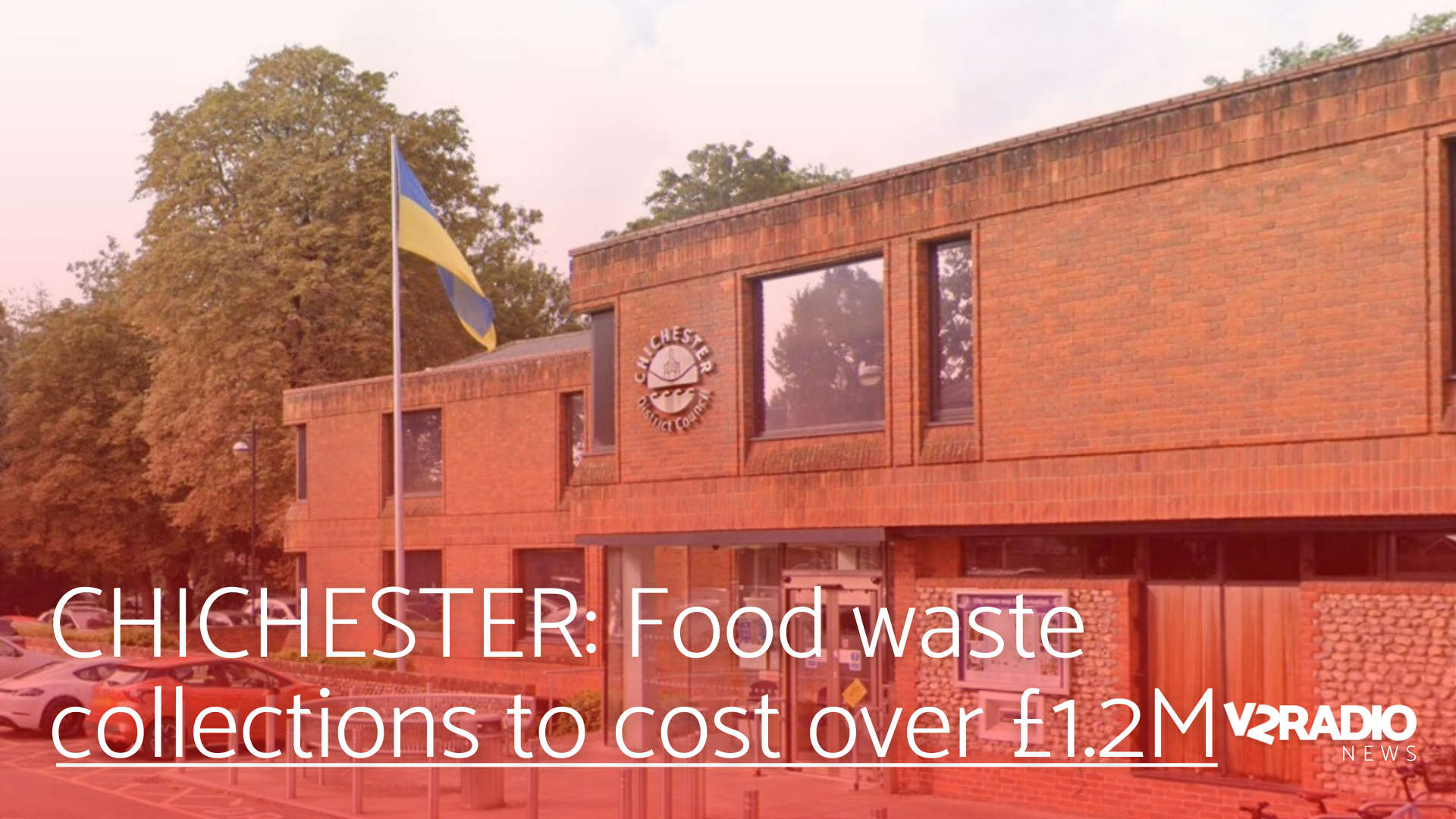
The annual cost of providing a weekly food waste collection in the Chichester district will be more than £1.2m.
Households across the district will receive their bins and kitchen caddies between March and May 2026, with collections scheduled to start a few weeks later.
The council received £1.75m from the government to pay for the set-up of the new service but has yet to find out how much it will receive to fund it going forward.
To prevent delays to the roll-out, members of the cabinet recommended during a meeting on Tuesday (October 7) that £1,225,700 be added to the budget for 2026/27. Any future government funding that may come through will be used to cover the cost.
The final decision will be made by the full council in November.
John Ward, the council’s director of corporate services, told councillors that the funding would, in effect, be a real-terms cut.
Normally, when local authorities are told to provide an additional service by the government, they would receive a New Burdens grant that would last until the next funding review.
The food waste collection service is being brought in at the same time that a funding review is being carried out, so there will be no New Burdens grant.
Mark Chilton, cabinet member for finance, corporate services & Chichester Contract Services, said the project was going well, with all vehicles and containers needed for the service having been bought and the collection rounds designed.
Each household will receive a 5-litre kitchen caddy – about the same size as a toaster – a one-off roll of compostable liners for the caddy, and a 23-litre lockable outdoor bin. The bin will be about the same size as a pair of wellington boots and will have an orange lid. Larger, two wheeled bins will be provided for flats and the like.
One unforeseen cost pressure came when the county council decided that the food waste should be taken to the recycling facility at Ford rather than Westhampnett as previously planned.
This will cost the council £130,000 per year due to the additional travel time for collection crews and the fuel costs.
The food waste will be used for fertiliser and energy.

 Sussex Police takes part in National Hate Crime Awareness Week
Sussex Police takes part in National Hate Crime Awareness Week
 Drought declared in parts of Sussex as Ardingly Reservoir levels plummet
Drought declared in parts of Sussex as Ardingly Reservoir levels plummet
 Weekend Football Preview: Crawley, Bognor and Chichester in action as women’s teams take centre stage
Weekend Football Preview: Crawley, Bognor and Chichester in action as women’s teams take centre stage
 West Sussex parents can now apply for child school places for 2026
West Sussex parents can now apply for child school places for 2026
 Water neutrality in West Sussex and what this means for new homes
Water neutrality in West Sussex and what this means for new homes
 Applications open for Fire Cadet programme in Bognor Regis
Applications open for Fire Cadet programme in Bognor Regis
 Learn CPR in the South with SECAmb at a location near you this Restart a Heart Day
Learn CPR in the South with SECAmb at a location near you this Restart a Heart Day
 Appeal for witnesses following road traffic incident in Portsmouth
Appeal for witnesses following road traffic incident in Portsmouth
 Oxford Investigation Service brings dedicated counter fraud expertise to Arun
Oxford Investigation Service brings dedicated counter fraud expertise to Arun
 21K homes given go ahead in parts of West Sussex
21K homes given go ahead in parts of West Sussex






